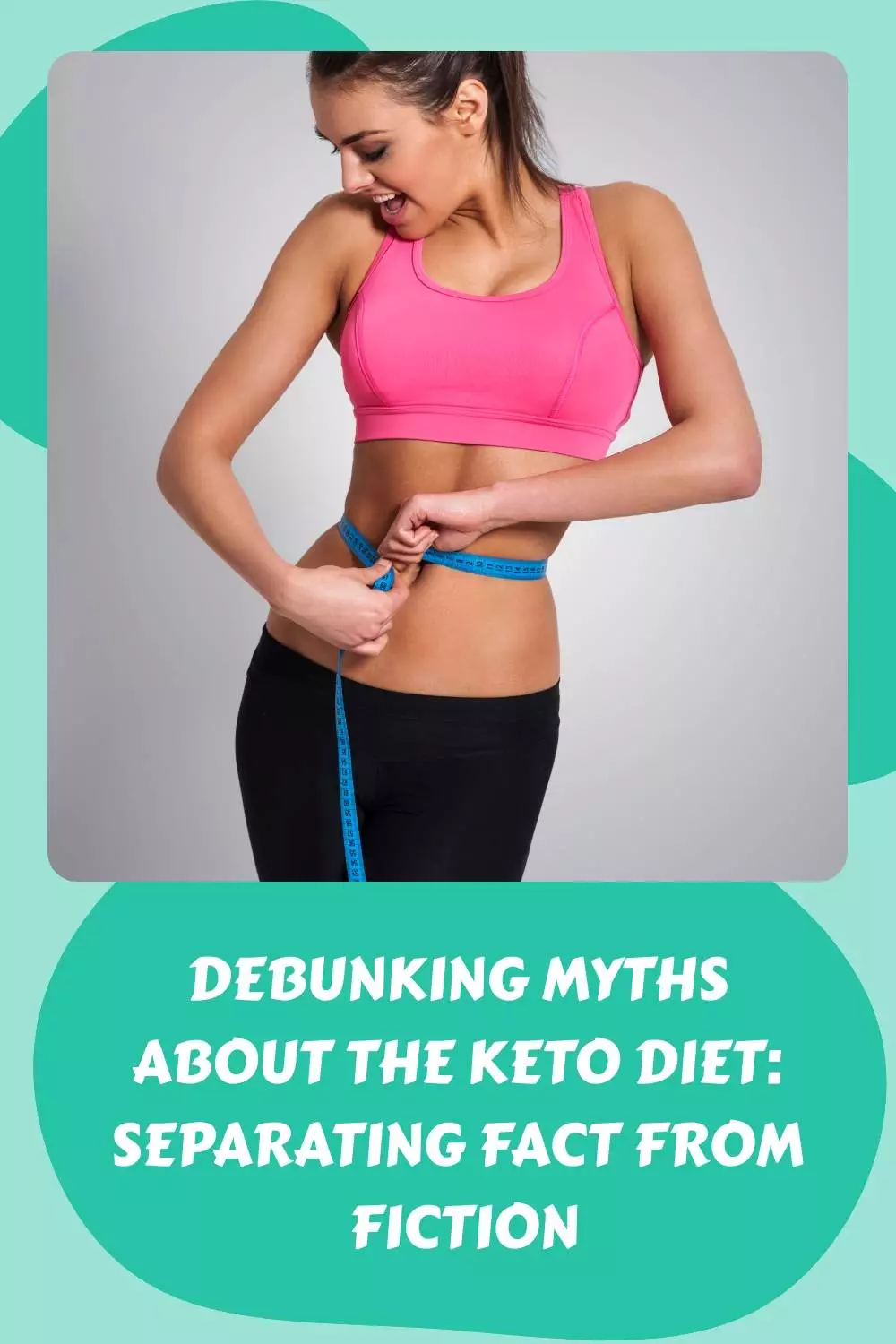
Debunking Myths About the Keto Diet: Separating Fact from Fiction
The ketogenic diet, or simply “keto” for short, has become increasingly popular in recent years. It’s a low-carb, high-fat diet that promises quick weight loss and improved health markers. However, like any trendy diet plan, there are plenty of myths and misinformation surrounding it. In this article, we’ll separate fact from fiction to help you make an informed decision about whether the keto diet is right for you.
Introduction to the Keto Diet
The keto diet involves drastically reducing your intake of carbohydrates while simultaneously increasing your fat consumption. This puts your body into a state of ketosis, where it burns stored fats instead of glucose (from carbs) as its primary source of energy. The goal is to achieve a net ketone level of 0.5-3 mmol/L, which can be measured using urine strips or blood testing.
Common Myths About the Keto Diet Debunked
Myth #1: You Can Only Eat Meat on the Keto Diet
While meat is certainly allowed on the keto diet, it’s not required. In fact, many people following the diet choose to incorporate non-animal sources of protein such as eggs, cheese, nuts, and seeds. There are also plenty of vegetarian and vegan options available if you prefer not to eat animal products.
Myth #2: The Keto Diet Causes Kidney Damage
This myth likely stems from the fact that ketones are produced by the breakdown of muscle tissue when someone is starving or has uncontrolled diabetes. However, in a healthy person who is well-nourished and properly hydrated, the kidneys are able to handle the increased load of ketones without issue. In fact, some studies suggest that the keto diet may actually improve kidney function in certain populations.

Myth #3: The Keto Diet Will Make Your Cholesterol Skyrocket
It’s true that the keto diet encourages eating foods that are high in saturated fat, such as butter, bacon, and steak. However, numerous studies have shown that this type of diet does not necessarily lead to higher cholesterol levels or heart disease risk. In fact, some research suggests that the keto diet may actually improve cardiovascular health markers such as HDL (“good”) cholesterol and triglycerides.
The Science Behind the Keto Diet
At its core, the keto diet works because it forces your body to use up stored fat reserves for fuel. By depriving yourself of carbs, your body must turn to other sources of energy – namely, fat stores. As you continue to consume fewer calories than you expend, those fat stores will gradually shrink, leading to weight loss. Additionally, the high-fat content of the diet helps keep you feeling fuller for longer periods of time, making it easier to stick with long-term.
Conclusion: Is the Keto Diet Right for You?
Ultimately, whether or not the keto diet is right for you depends on your individual needs and goals. If you’re looking to lose weight quickly and don’t mind cutting out most carbs, then the keto diet might be worth trying. However, if you have specific medical conditions or dietary restrictions, it’s always best to consult with a doctor before starting any new diet plan.

